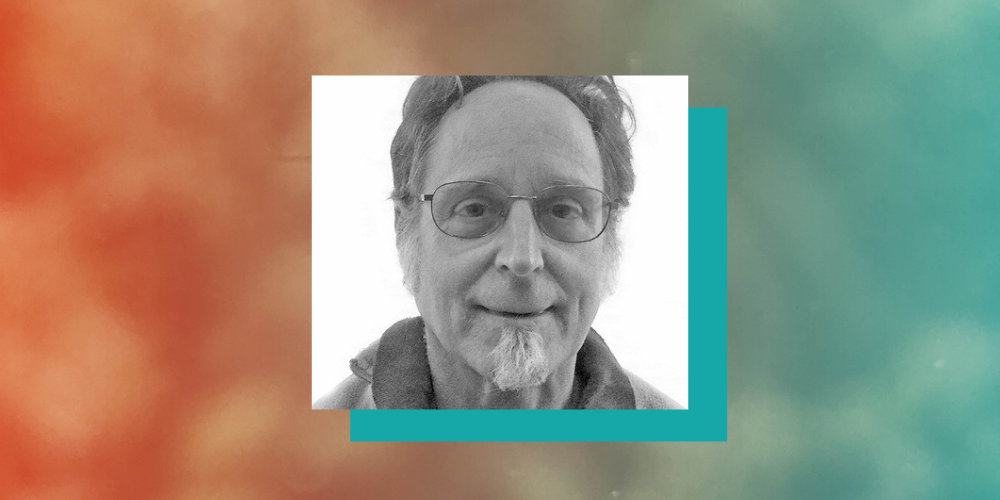Alumni Spotlight: Dennis Miller '81
The Alumni Spotlight is a place to hear from the School of the Arts alumni community about their journeys as artists and creators.
Dennis Miller '81received his DMA in Music Composition from Columbia University in 1981 and since that time has been on the faculty of Northeastern University in Boston, where he is currently a Full Professor. Miller's mixed-media compositions, which combine his own original music and animation, illustrate principles drawn from music composition applied to the visual realm. His works have been screened at numerous venues throughout the world, and his still images appear in numerous texts including Sonic Graphics: Seeing Sound by Matt Woolman (Random House), Art of the Digital Age by Bruce Wands (W.W. Norton) and Visual Music Masters by Adriano Abbado (Skira Press).
Was there a specific faculty member or peer who especially inspired you while at the School of the Arts? If so, who and how?
I had a rather unique experience during my four years at the School of the Arts because my principal teacher, Chou Wen-Chung, was very involved with the Chinese-American arts exchange program at the time, especially during my first year (1977), and traveled extensively. So I was given the liberty to study with anyone I wanted to in the New York area. I reached out to Harvey Solberger, who was already on the Arts faculty, and another composer named Mordechai Schenkman, then at Princeton, and had the opportunity to study with both. Later in the program, I worked with Mario Davidovsky, who has remained a friend and mentor for many decades.
I was also at CU when both George Perle and Allen Forte were invited as guest instructors, and I had the great privilege of studying with both of them, as well as with George Edwards, also on the CU faculty. All of my teachers were inspirational in their own ways, and I feel very fortunate to have had so many different opportunities to learn from such a renowned faculty.
How did attending the School of the Arts impact your work and career as an artist?
The School of the Arts was the most important step in my becoming a composer. The Columbia Composers Club was able to hire the top freelance new music performers in New York, among the best in the world, and we had all of our music played by professionals on a regular basis. Feedback was also provided by the performers, and I was also able to hone my conducting skills while at CU. There is no question that having Columbia on my resume was a main reason that I was hired by Northeastern University, which, coincidentally, happened three days before graduation in 1981. (I've been there ever since.)
What were the most pressing social/political issues on the minds of the students when you were here?
I can't say that this was a very political time for me or for those in my class. What with composing, intense theory study, practicing piano, and all the other musical activities with which I was involved, there wasn't a lot of free time for non-musical activities. I think the main concern for most of us was getting our music played and, ultimately, finding a job.
What was your favorite or most memorable class while at the School of the Arts?
All of my classes were gratifying and elucidating. Learning about Schenker theory from Jim Baker, studying the music of Berg with George Perle, learning contemporary performance practices with Harvey Sollberger, 20th Century analysis with Jacques Monod - I got something from all of them, and much of that information has been relevant for me for much of my career as a composer.
What were the first steps you took after graduating?
The first step was finding an apartment in Boston! My wife was a year behind in her PhD program at the medical school, so I commuted to Boston every week for my first year (after which, she got her first Post Doc at Harvard Med). Thanks goodness for People's Express ($29 - Newark to Boston).
What advice would you give to recent graduates?
I imagine a career as a concert composer is more difficult today even than it has been historically. Many schools are looking for faculty with diverse skill sets - my own job was advertised for a theorist and director of the school's jazz band - so be versatile and have a second area of expertise if possible. That could be theory, or writing, or performance - develop whatever you are good at.
